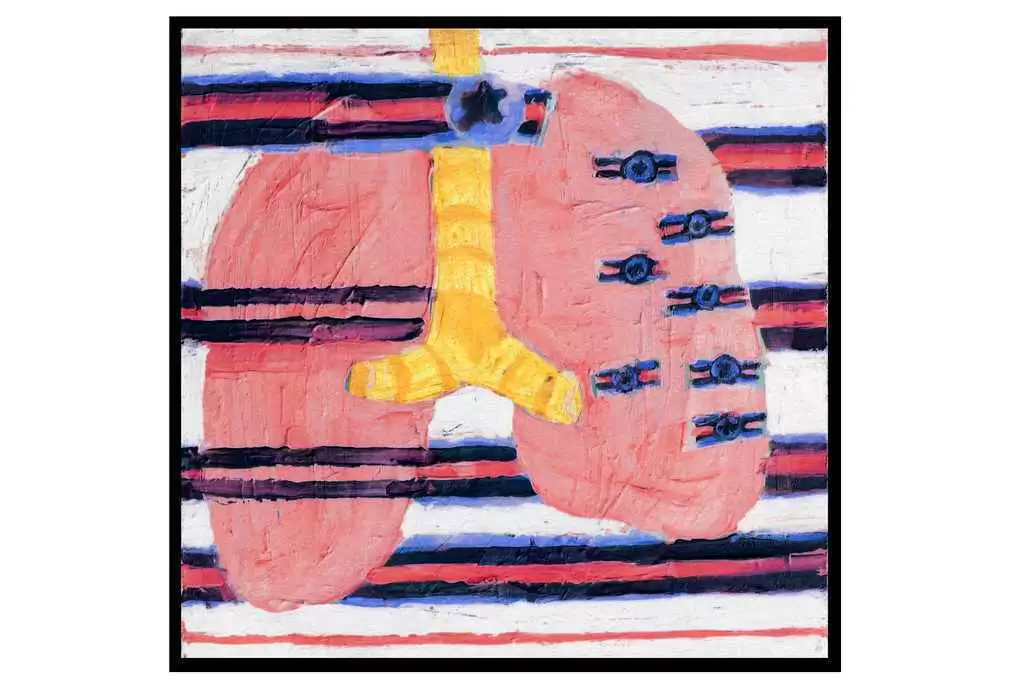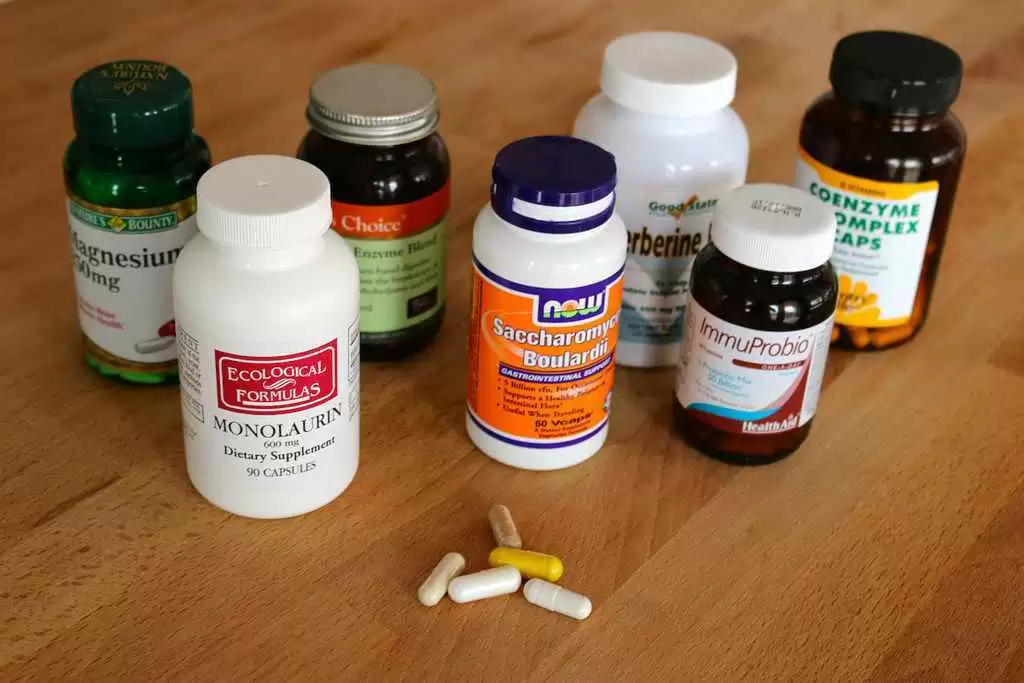
Celiac.com 10/13/2017 - Tissue transglutaminase (tTG) immunoglobulin A (IgA) testing is a sensitive adjunct to the diagnosis of coeliac disease. The threshold for positivity was developed for diagnosis, with negative results reported as below the reference value (<4 U/mL).
A team of researchers recently set out to investigate if an undetectable tissue transglutaminase IgA antibodies (tTG IgA<1.2 U/mL) is more predictive of healing compared to patients with negative but detectable serology (1.2-3.9 U/mL).
Celiac.com Sponsor (A12):
The research team included H. Fang, K. S. King, J. J. Larson, M. R. Snyder, T. T. Wu, M. J. Gandhi, and J. A. Murray. They are variously affiliated with the Department of Medicine, the Division of Gastroenterology and Hepatology, the Division of Anatomic Pathology, the Division of Clinical Biochemistry and Immunology, the Division of Biomedical Statistics and Informatics, and the Division of Transfusion Medicine at the Mayo Clinic, Rochester, MN, USA.
The research team conducted a retrospective study of 402 treated coeliac disease patients seen at the Mayo Clinic with negative tTG IgA values drawn within 1 month of duodenal biopsy between January 2009 and December 2015.
The team used Corazza-Villanacci scores to assess mucosal healing, and logistic regression to assess the relationship of clinical variables with a normal biopsy. They also noted the presence of gastrointestinal symptoms.
Their results showed that patients with undetectable test levels more frequently had normal duodenal histology, as compared with patients with detectable tTG IgA levels. Asymptomatic patients more often showed normal duodenal histology as compared to symptomatic patients.
Patients with undetectable blood levels, and who followed a gluten-free diet for ≥2 years were more likely to have no villous atrophy, as compared to patients with detectable blood levels.
Follow-up biopsies revealed that people recovering from celiac disease with negative tTG IgA serology showed that undetectable test levels are associated with normal histology.
Source:









Recommended Comments
There are no comments to display.
Create an account or sign in to comment
You need to be a member in order to leave a comment
Create an account
Sign up for a new account in our community. It's easy!
Register a new accountSign in
Already have an account? Sign in here.
Sign In Now